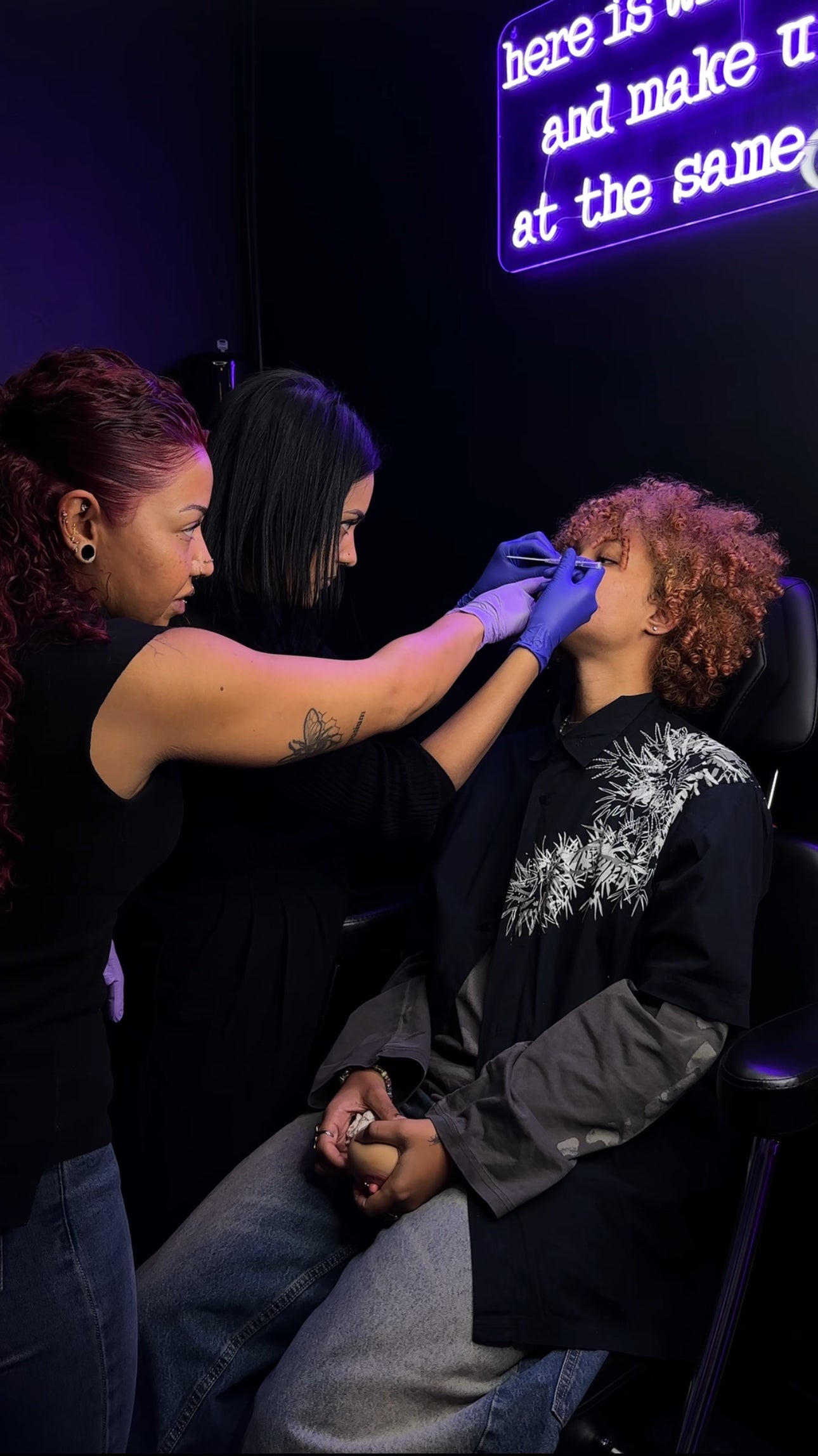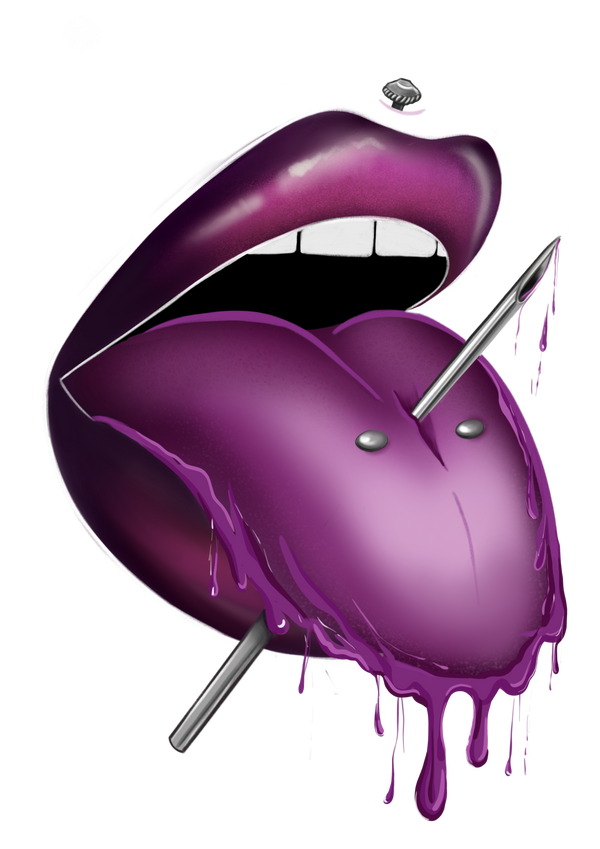BODY PIERCINGS.
WHAT CAN YOU EXPECT?
Pain or Discomfort.
After getting the piercing you may feel a sharp, stabbing pain or discomfort. This is normal and usually goes away within a few days.
Swelling and redness.
Your skin may swell and become slightly red for a few days after the piercing. This is a normal part of the healing process.
Sensitivity.
The area around the piercing may be sensitive to the touch. Be careful when cleaning and avoid touching the area.
Liquid.
It is normal for a clear or light yellow fluid to come out of the piercing. This is just your body's way of healing.
Crusts.
It is normal for some dried discharge to collect around the jewelry. Avoid removing it to prevent infection, but make sure to keep the area clean.
Itch.
As your piercing heals, you may feel itchy. Avoid scratching to prevent infection. If you can’t resist, use a cotton swab to gently rub the area.
Risk of infection.
Although infections are relatively rare, it is important to follow proper aftercare instructions to minimize the risk. Signs of infection include persistent redness, excessive swelling, pus, or increased pain.
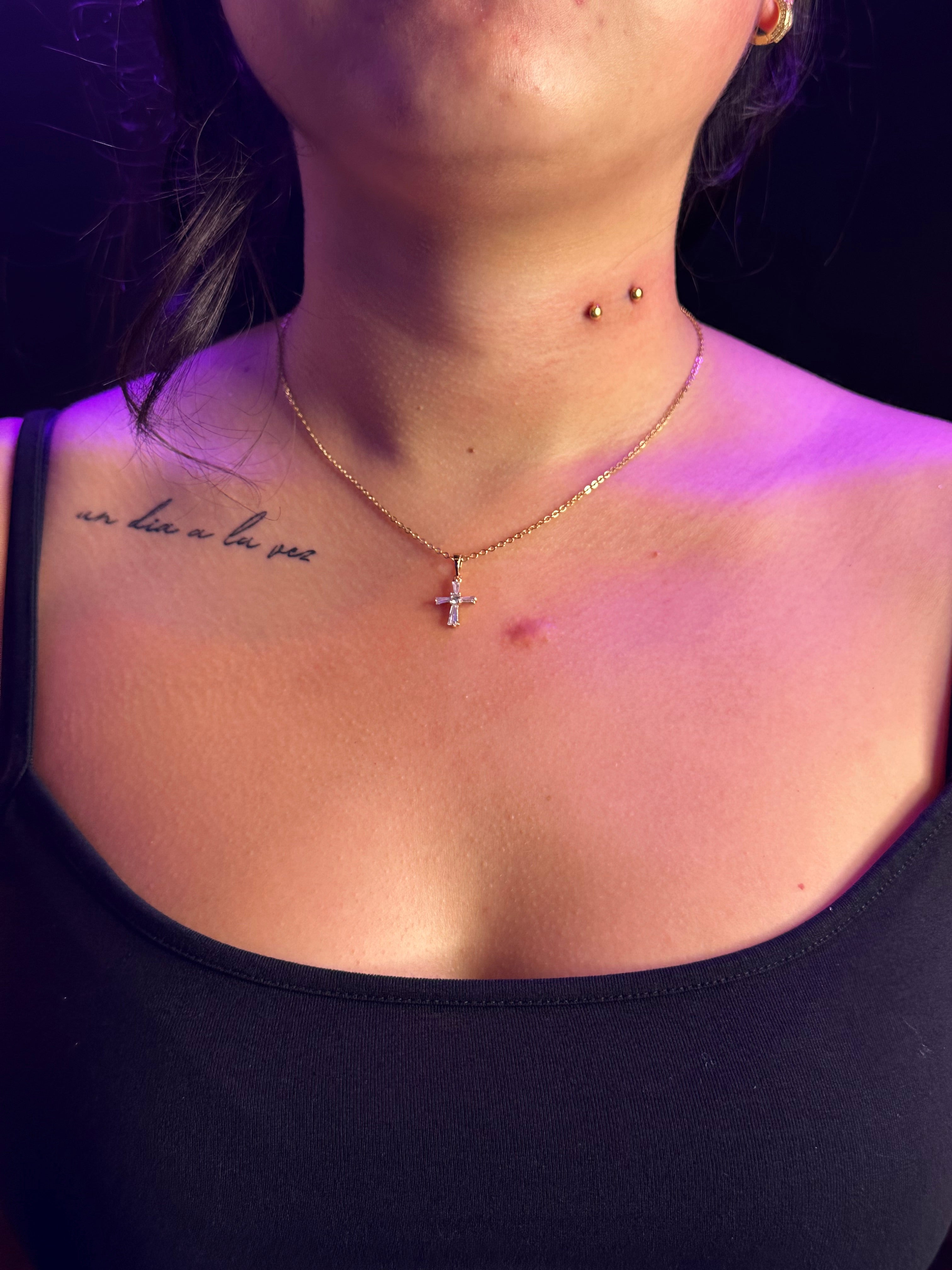
HEALING TIME 3-6 MONTHS
-
HEALING TIME.
Body piercings usually do not heal for too long. The most important aspect of healing is to avoid pressure on the piercing. Many people underestimate this, but it is essential. So, remember not to wear tight clothing and be careful with pressure on your piercing.
-
NO PERFUME/CREAM/OIL.
Avoid spraying perfume or applying creams and oils to your body piercing. These products contain chemicals that can contaminate your piercing and slow healing. Keep the area clean and dry, and only use saline or mild cleaning solutions recommended by your piercer. This will help prevent complications and promote proper healing.
-
NIPPLE.
If you have a nipple piercing, wear a clean bra every day. Don’t make it too tight and avoid sleeping on your nipple. Be careful not to get your piercing caught in your towel. Don’t wash it with soap, but make sure to always clean your piercing after a shower, not during. You can soak it in water, but don’t touch it or clean it in the shower.
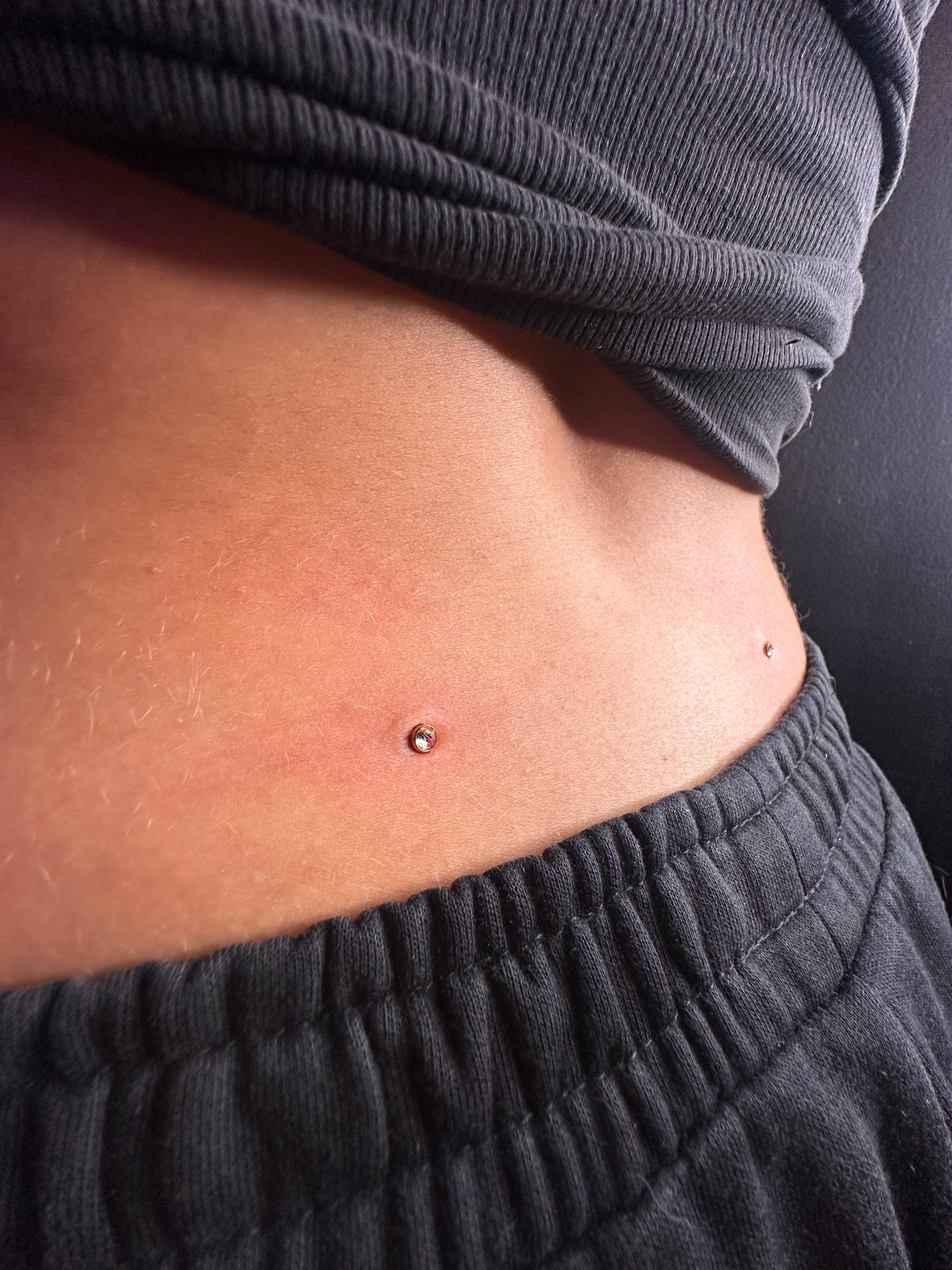
DERMALS & SURFACE PIERCINGS.
-
DERMALS.
Dermal and surface piercings are under the skin, not through it, which means they don’t have a firm grip. It’s normal for them to move or grow out of the skin, so it’s important to take extra care of them. They never heal completely, so you need to keep taking care of them for as long as you have them. If you don’t, they can easily become irritated, you can develop bumps, and the piercing can eventually be rejected.
-
NAVEL PIERCING.
For a belly button piercing it is important to always sit upright and avoid putting pressure on the piercing during the healing process. If you do not follow this advice and put pressure on the piercing, there is a good chance that piercing bumps will develop and eventually the piercing can be rejected or migrate.
-
NIPPLE.
When you have a nipple piercing, remember to wear a clean bra every day. Don't make it too tight, and avoid sleeping on your nipple. Be careful not to get it caught on your towel. Don't soap it up, but always clean your piercing after a shower, not during. You can soak it in water, but don't touch it in the shower.
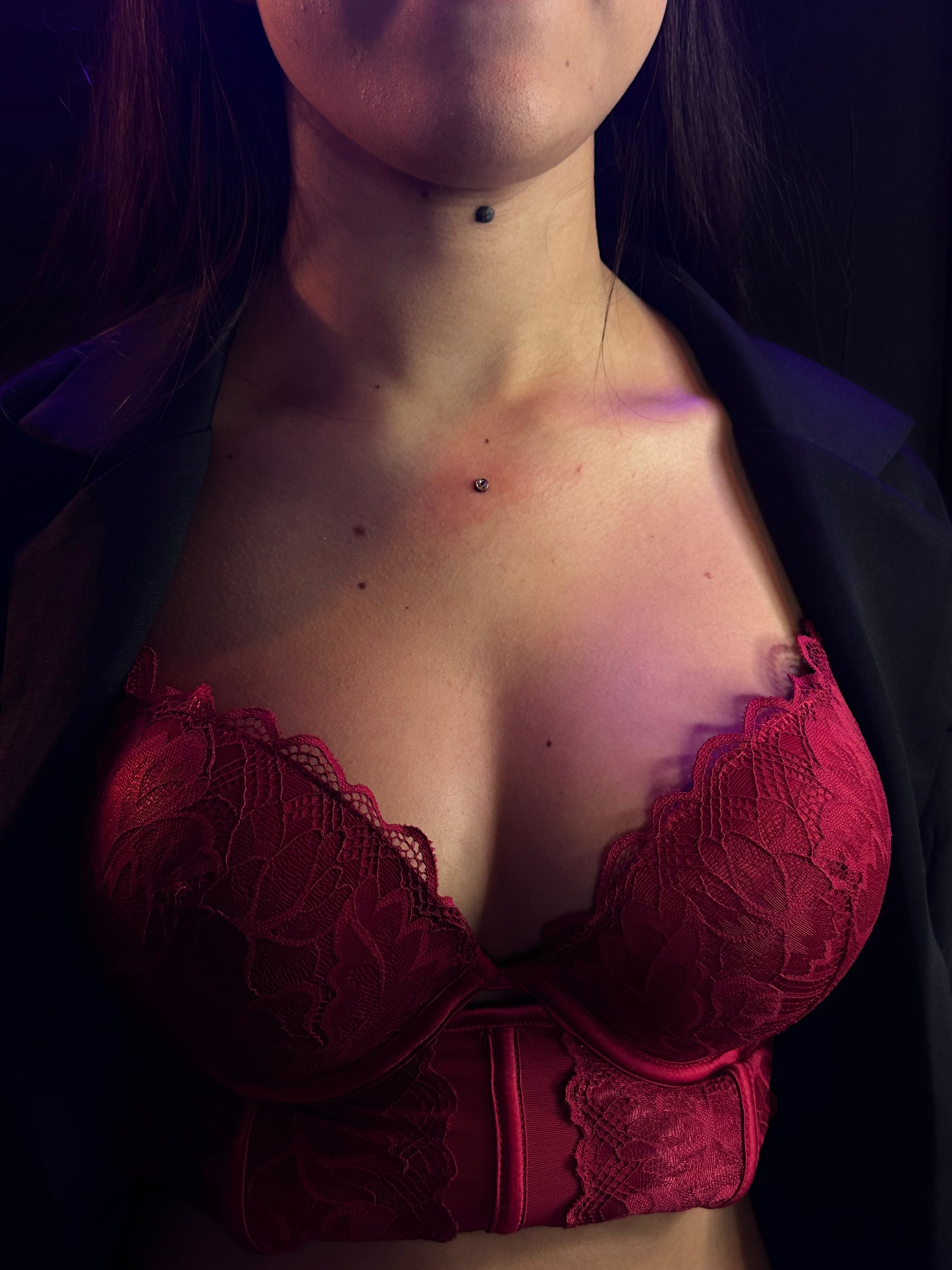
STEP-BY-STEP AFTERCARE.
-
WASH YOUR HANDS.
what is right then?Wash your hands well, otherwise you won't give your piercing a chance to heal!
-

CLEAN 2/3 TIMES A DAY.
pls teach me.It's not just about IF you clean it, but HOW you clean your piercing.
-
-

-

PAY ATTENTION TO HOW YOU SLEEP.
just let me sleep.Yes, you can really pay attention to how you sleep.
-

AVOID TRAUMA.
i would never do that.Your piercing needs to heal from all the trauma you put it through.
-
-
Consult a professional piercer if you have any concerns or questions.
FOLLOW RECOMMENDED AFTERCARE.
Everyone's healing process is unique, so follow your piercer's specific recommendations for successful and comfortable healing.
